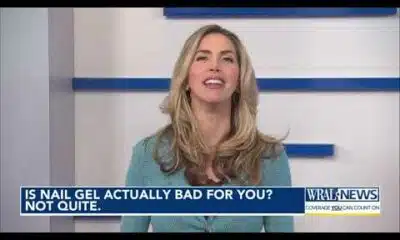(The Center Square) – Multiple investigations have been launched against the state’s largest school district over allegations of electioneering after it already faced criminal fraud charges and federal, state and county investigations over the years.
The latest allegation against Houston Independent School District is that board members again violated state law by using taxpayer money to urge voters to support a $4.4 billion bond last November.
The proposal totaled $11 billion in debt, including the interest on the principal, The Center Square reported. That’s on top of the district already owing $2.5 billion.
The bond proposal would have been the largest debt and property tax increase in state history. Voters rejected it after county officials jacked up property taxes last year by nearly 10% using a loophole in state law.
At issue is a HISD 2024-2025 budget line item “Key Action 2,” which allocated $2 million to promote the bond vote, including through hiring a consulting firm and paying for social media ads.
Last fall, several HISD parents filed criminal complaints with the Harris County District Attorney’s Office. That total has since grown to more than 50. As part of documents received through a public information request, parents learned that the Office of Attorney General opened an investigation last October, NBC affiliate KPRC 2 News Houston reported.
“Based on our preliminary investigation, the OAG has reason to believe the HISD Board of Trustees may be engaging in electioneering in favor of the proposed bond in violation of … the Texas education code,” the OAG wrote in a letter to the board. State law prohibits state or local funds or other resources of a school district from being used to “electioneer for or against any candidate, measure, our political party.”
The investigation found that the district made Facebook posts encouraging voters to support the bond and circulated the posts through sponsored ads.
Overall, $1.5 million was paid in consulting fees for the failed HISD bond proposal, according to payment records obtained by KRPC.
The Texas Education Agency and Harris County District Attorney’s Office have also launched investigations into HISD. The district has yet to issue a public comment or respond to requests for comment about funding the bond effort or the investigation.
Last year, the OAG sued several school districts for alleged electioneering against school choice candidates during the Republican primary election, The Center Square reported. The majority of school choice Republican candidates won their races and were elected in November. After being sworn into office this year, they voted for the first school choice program in state history, which Gov. Greg Abbott already signed into law.











































